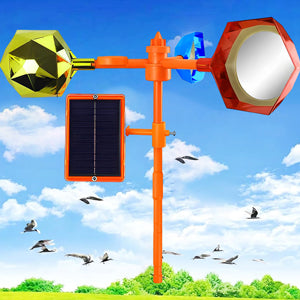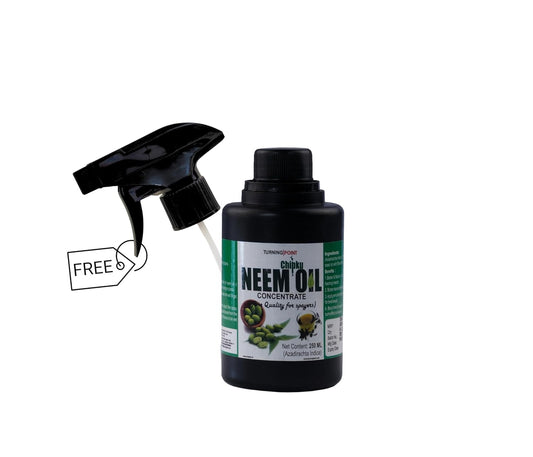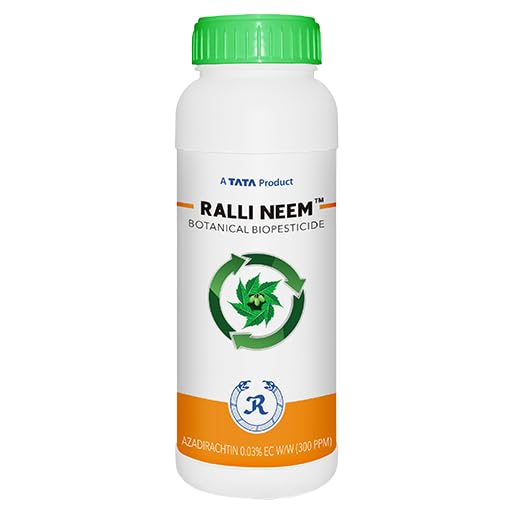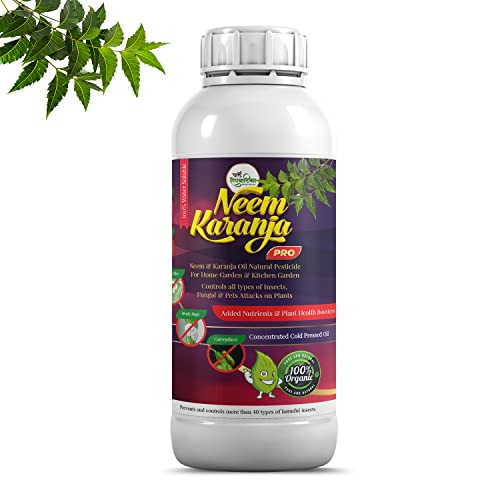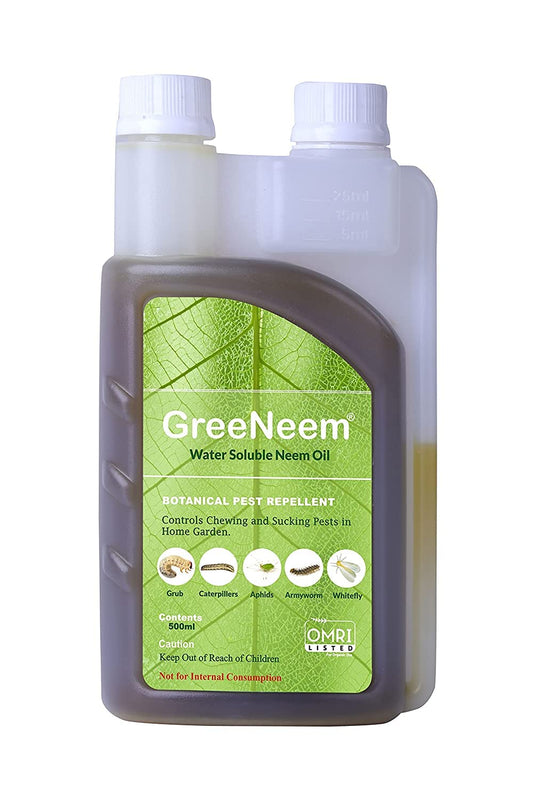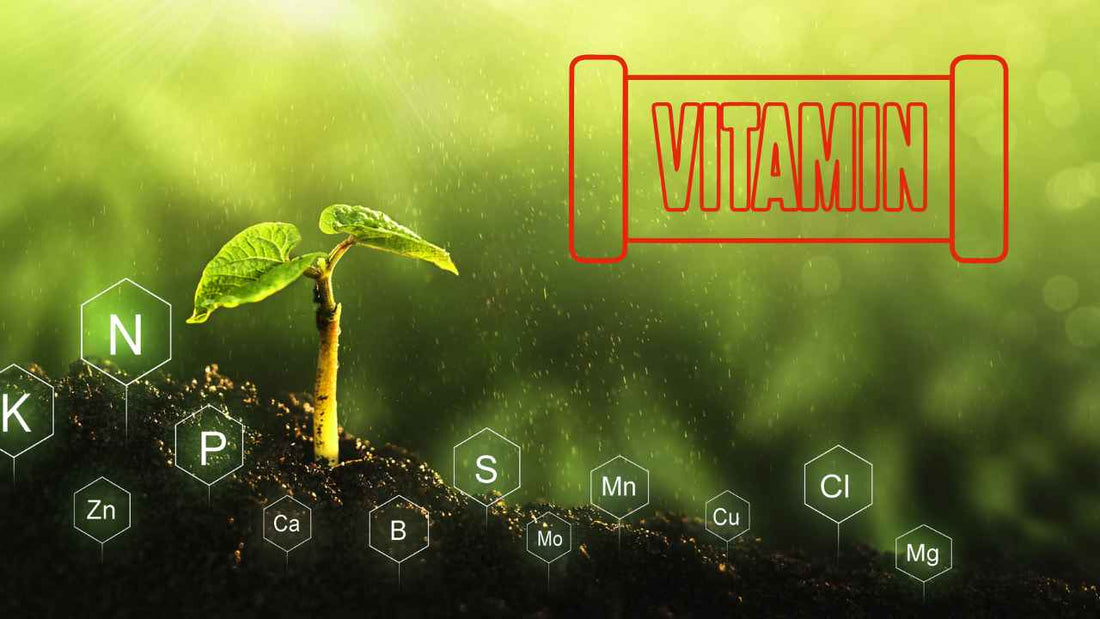
Importance of Vitamins in Agriculture: Enhancing Plant Nutrition for Improved Growth and Yield
Share
As a farmer, you may be aware that nitrogen, phosphorus, and potassium are essential nutrients for plant growth and development. However, did you know that vitamins can also play a role in plant nutrition? Vitamins are considered unusual plant nutrients because they are required in relatively small quantities compared to other essential nutrients. Additionally, most plants are able to synthesize most or all of the vitamins they need, so it is not always necessary to provide them through the soil or fertilizer.
However, there are certain situations where plants may require additional vitamins to support optimal growth and development. For example, plants that are under stress, such as drought, extreme temperatures, or disease, may require additional vitamins to help them cope with the stress and maintain healthy growth. Additionally, plants that are grown hydroponically or in nutrient-poor soils may require supplemental vitamins to ensure they have access to all the essential nutrients they need.
Vitamins are essential organic compounds that are required in small amounts by plants to carry out various metabolic functions. While many vitamins can be synthesized by plants themselves, some cannot be produced in sufficient quantities and therefore need to be supplied through the soil or fertilizers.
Some examples of vitamins that are important for plant nutrition include thiamine (vitamin B1), riboflavin (vitamin B2), niacin (vitamin B3), folic acid (vitamin B9), and ascorbic acid (vitamin C). These vitamins are involved in various metabolic processes in plants, including the conversion of carbohydrates into energy, photosynthesis, production of plant hormones, and regulation of plant growth and development.
Despite their relatively small quantities and organic nature, vitamins are still essential for proper plant growth and development. A deficiency in one or more vitamins can lead to stunted growth, reduced yields, and poor plant health. Therefore, it is important for growers to understand the role of vitamins in plant nutrition and to ensure that their plants have access to a balanced and complete range of nutrients to support optimal growth and yield.
In conclusion, while the amounts of vitamins needed by plants are relatively small, they are essential for proper plant growth and development. As a farmer, it is important to ensure that your plants have access to a balanced and complete range of nutrients, including vitamins, in order to maximize their growth and yield potential. By understanding the role of vitamins in plant nutrition and providing your plants with the necessary nutrients, you can help ensure healthy and productive crops.
Here is a list of frequently asked qutions on this topic.
-
What are vitamins and why are they important for plants? Vitamins are essential organic compounds that are required in small amounts by plants to carry out various metabolic functions. While many vitamins can be synthesized by plants themselves, some cannot be produced in sufficient quantities and need to be supplied through the soil or fertilizers. They play a crucial role in plant growth, development, and stress responses.
-
Can plants survive without vitamins? While plants can synthesize many vitamins themselves, a deficiency in one or more vitamins can lead to stunted growth, reduced yields, and poor plant health. Therefore, it is important for growers to ensure that their plants have access to a balanced and complete range of nutrients, including vitamins, to support optimal growth and yield.
-
How can I tell if my plants are deficient in vitamins? Plant vitamin deficiencies can present a range of symptoms, depending on the specific vitamin and the severity of the deficiency. Some common symptoms include yellowing or browning of leaves, stunted growth, reduced yield, and poor plant health. Growers may want to consult with a plant nutrition expert or conduct soil and tissue tests to determine if their plants are deficient in any essential nutrients, including vitamins.
-
Can hydroponically grown plants get enough vitamins? Hydroponic systems provide plants with essential nutrients, including vitamins, through a nutrient-rich water solution. However, depending on the specific hydroponic system and the plants being grown, supplemental vitamins may be needed to ensure that plants have access to all the essential nutrients they need for optimal growth and development.
-
What are some common sources of vitamins for plants? Vitamins can be provided to plants through organic matter, such as compost or manure, or through synthetic fertilizers that contain vitamins. Growers may also use vitamin supplements specifically designed for plants, or add vitamins to their hydroponic nutrient solution
-
Are there any risks associated with providing too much vitamins to plants? Like with any nutrient, providing too much of a vitamin to plants can lead to toxicity, which can have negative impacts on plant growth and health. Growers should ensure that they are providing their plants with a balanced and complete range of nutrients, including vitamins, but not providing excessive amounts.
-
Can plants absorb vitamins through their leaves? Yes, plants can absorb vitamins through their leaves. This is often done through foliar feeding, which involves spraying a solution containing vitamins onto the leaves of plants. However, it is important to note that not all vitamins are easily absorbed through the leaves, and some may be more effectively absorbed through the roots.
-
How can I ensure that my plants have access to all the essential vitamins they need? Growers can ensure that their plants have access to all the essential vitamins they need by providing a balanced and complete range of nutrients through their soil or hydroponic nutrient solution. This may involve adding organic matter or synthetic fertilizers that contain vitamins, or using vitamin supplements specifically designed for plants. Conducting regular soil and tissue tests can also help growers identify any nutrient deficiencies and adjust their fertilization practices accordingly.
-
Can vitamins affect the flavor or nutrient content of plants? Vitamins can play a role in the overall health and quality of plants, which can in turn affect their flavor and nutrient content. However, the specific effects of vitamins on plant flavor and nutrient content may vary depending on the plant species, growing conditions, and other factors.
-
Can vitamins be harmful to humans if consumed through plants? No, consuming vitamins through plants is generally considered safe for humans, as long as the plants have been grown and harvested under safe conditions. In fact, many fruits and vegetables are excellent sources of vitamins and are an important part of a healthy diet.


